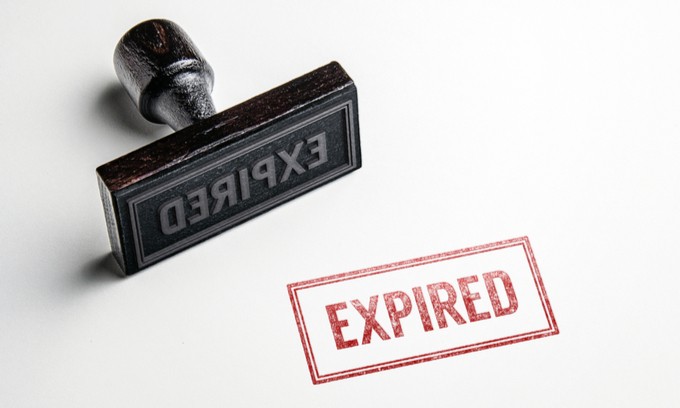Credit card points could help you pay for your next shopping spree, a gift card or even a holiday. But while you’re busy racking up points, don’t forget to check the expiration date.
There are two main types of points you can earn with a rewards credit card. Frequent flyer points (which are offered through airline programs like Qantas or Virgin) and credit card points (which are offered through the credit card provider).
Do credit card points expire?
It depends on the rewards program. The majority of credit card points do not expire as long as your account stays open. This is true for American Express, Citi, CommBank and Westpac reward points, to name a few. But there are some programs where points expire three years after they are earned.
Here’s a look at the expiration policies of some popular credit card providers.
Credit card providers, points and expiration dates
| Provider | Expiration policy |
|---|---|
| American Express
Membership Rewards | No expiry |
| ANZ
ANZ Rewards | 3 years after the end of the year in which the points were earned |
| Commonwealth Bank
CommBank Awards | No expiry |
| NAB
NAB Rewards | 3 years |
| Westpac
Altitude Rewards | No expiry |
| Citi
Citi Reward Points | No expiry |
| HSBC
HSBC Rewards Plus | 3 years |
| St. George/Bank of Melbourne/BankSA
Amplify Rewards | No expiry |
Source: Provider websites.
Make sure to read the terms and conditions that apply. For instance, it may be a requirement that your account is kept in good standing and not overdue. Usually, there are also different rules when you close your account.
Do Amex points expire?
No, Amex Membership Rewards points do not expire. But Amex says you will need to have a credit card account, be enrolled in the Membership Rewards program and your accounts must be kept in good standing and not overdue. If you choose to cancel your participation in the program, you’ll forfeit the points and won’t be able to get them reinstated.
Do credit card points expire when I close my account?
With some providers, credit card points expire when you close your account. With others, you are given a certain amount of time to redeem your points after you close your account. This is often between 60 and 90 days.
For frequent flyer credit cards, the rewards program is separate to your credit card account. So when you close your account, your rewards points will generally not be impacted.
It’s a good idea to check the terms and conditions of any credit cards you have to see what the rules are.
Do frequent flyer points expire?
Yes, frequent flyer points can expire. Qantas Points expire if your account is inactive for 18 months, while Velocity Points expire if your account is inactive for 24 months. An inactive account means you haven’t earned or used points.
If you’re interested in a new rewards credit card, you can compare on the Canstar website. You can see a snapshot of the current rewards credit cards available on the comparison table below, with links direct to the providers’ website. Please note that this table has been generated based on a $2,000 monthly spend, and is sorted by Star Rating (highest first).
Canstar provides an information service. It is not a credit provider, and in giving you information about credit products Canstar is not making any suggestion or recommendation to you about a particular product. See Canstar’s Financial Services and Credit Guide for more information.
Because of the rewards on offer, rewards credit cards often charge higher annual fees and interest rates than standard cards. So before you sign up, work out whether the rewards are enough to justify the higher cost.
Cover image: Castleski/Shutterstock.com







